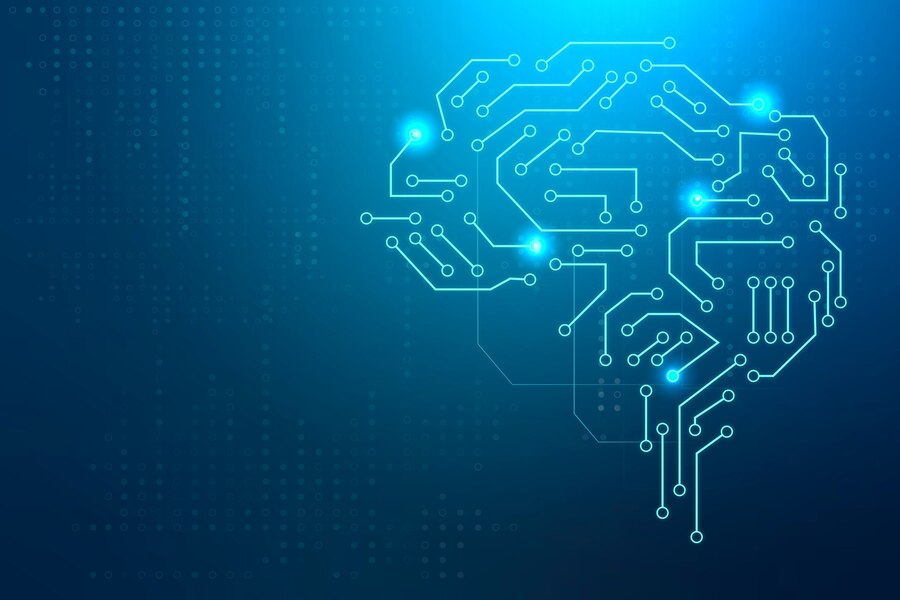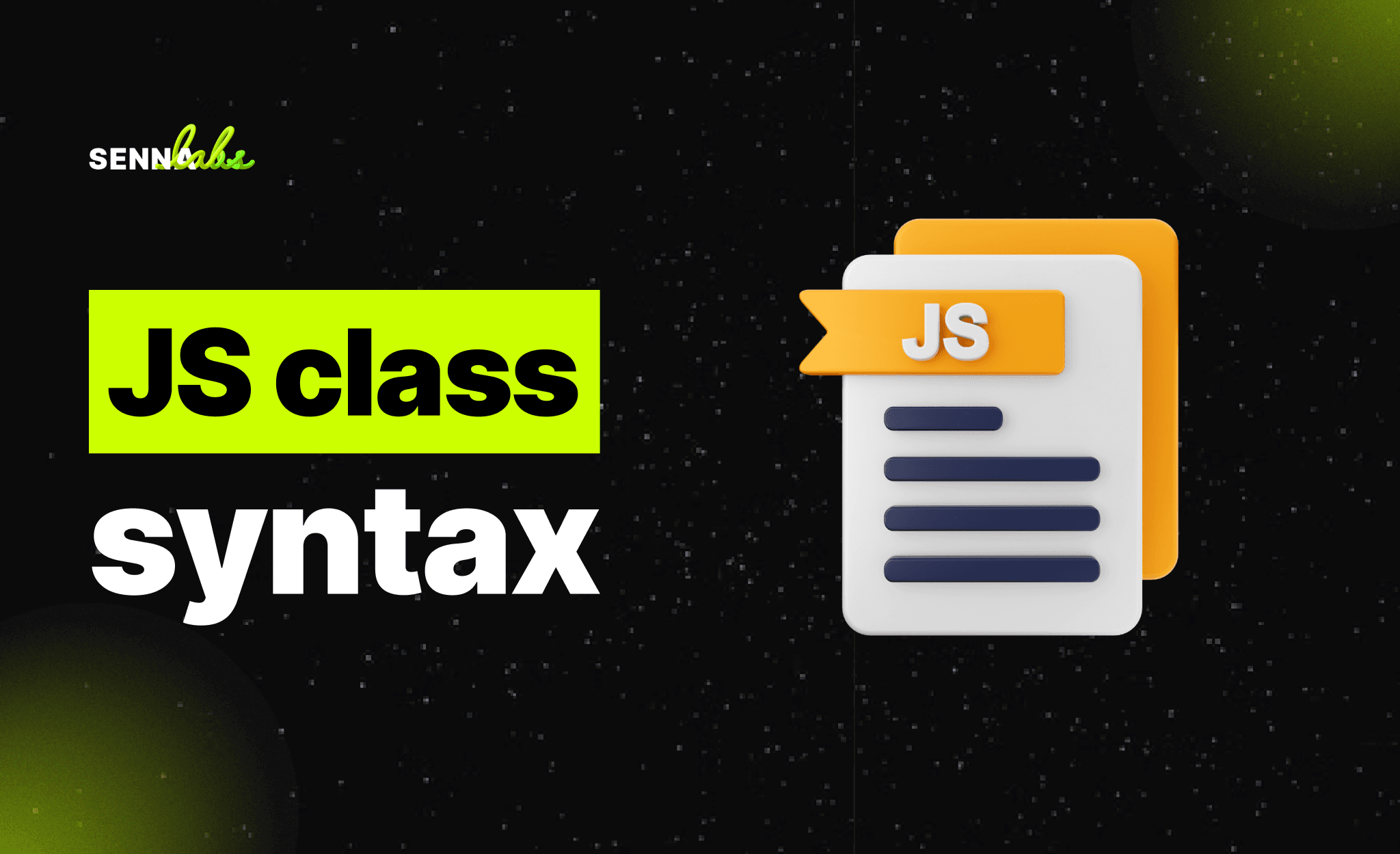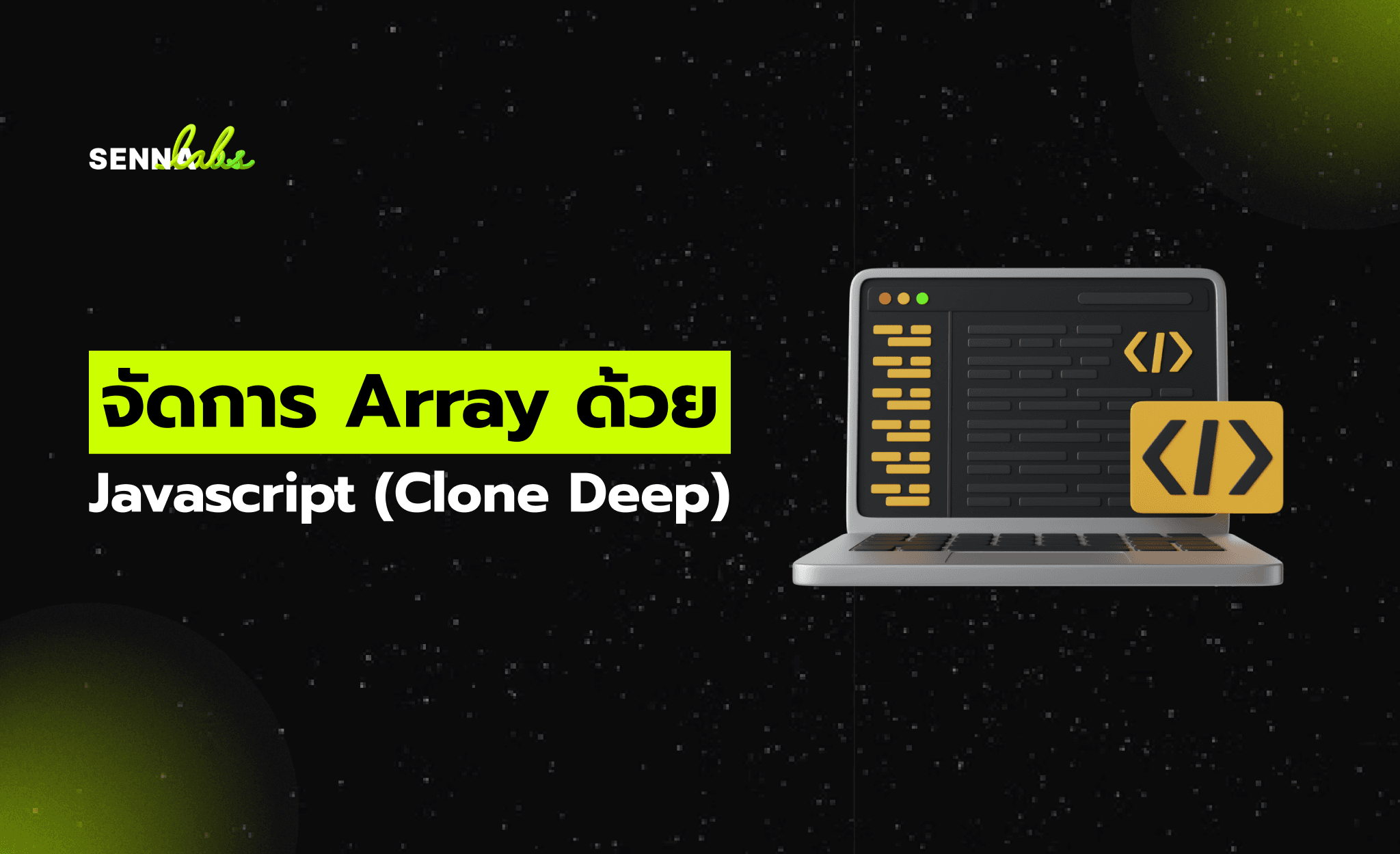What Is Machine Learning in Web Applications?
Share

Machine Learning (ML) is a type of artificial intelligence that allows computers to learn from data and improve over time—without being explicitly programmed for every task. It enables applications to make predictions, automate decisions, and personalize user experiences.
When applied to web applications, ML transforms ordinary websites into intelligent platforms that can understand user behavior, deliver personalized content, and analyze large datasets in real time.

Key Benefits of Machine Learning in Web Applications
1. Product Recommendation Systems
ML is commonly used in e-commerce platforms like Shopee or Lazada to suggest products based on browsing history, purchase behavior, and similar users.
Benefits:
-
Boosts sales
-
Reduces cart abandonment
2. AI-Powered Chatbots
AI chatbots can answer customer inquiries on websites 24/7 using natural language processing (NLP) and intent recognition.
Benefits:
-
Cuts customer service costs
-
Improves response times and customer satisfaction
3. User Behavior Analytics
ML analyzes click patterns, scroll activity, and user navigation to improve the design, personalize content, and optimize marketing strategies.
Benefits:
-
Enhances UX/UI
-
Increases engagement and conversions
4. Smart Search Engines
Machine Learning helps search features understand typos, synonyms, and natural language queries—especially powerful when combined with NLP.
Benefits:
-
More accurate search results
-
Better content discovery
5. Fraud Detection
ML models detect suspicious patterns like abnormal logins or irregular transactions to prevent fraud in web applications like online banking or shopping.
Benefits:
-
Improves data security
-
Reduces business risk
Real-World Examples of ML in Web Applications
1. Wongnai – Analyzing Food Reviews
Wongnai uses NLP to process thousands of user reviews and summarize key insights like “good service” or “average taste,” helping users decide quickly.
2. Pantip – Smarter Search Experience
Pantip applies ML to suggest relevant threads and discussions even when users type different keywords with similar intent.
3. Netflix – Personalized Content Recommendations
Netflix’s algorithm analyzes user preferences and viewing history to recommend movies and TV shows tailored to individual tastes.
Popular Technologies for ML in Web Apps
-
Python (Scikit-learn, TensorFlow, Keras)
-
JavaScript (TensorFlow.js for browser-based ML)
-
Cloud AI Services (Google AI, AWS SageMaker, Azure ML)
-
Pre-trained ML models for faster deployment
Summary
Machine Learning is reshaping how web applications function—making them smarter, more responsive, and more user-centric. From product recommendations to fraud prevention, ML unlocks capabilities that traditional programming can’t match.
For businesses and developers looking to stay competitive in today’s data-driven world, integrating ML into web applications isn’t just a trend—it’s a strategic advantage.
If you want your web app to be smarter, faster, and more personalized—start exploring Machine Learning today.

Share

Keep me postedto follow product news, latest in technology, solutions, and updates
Related articles
Explore all


